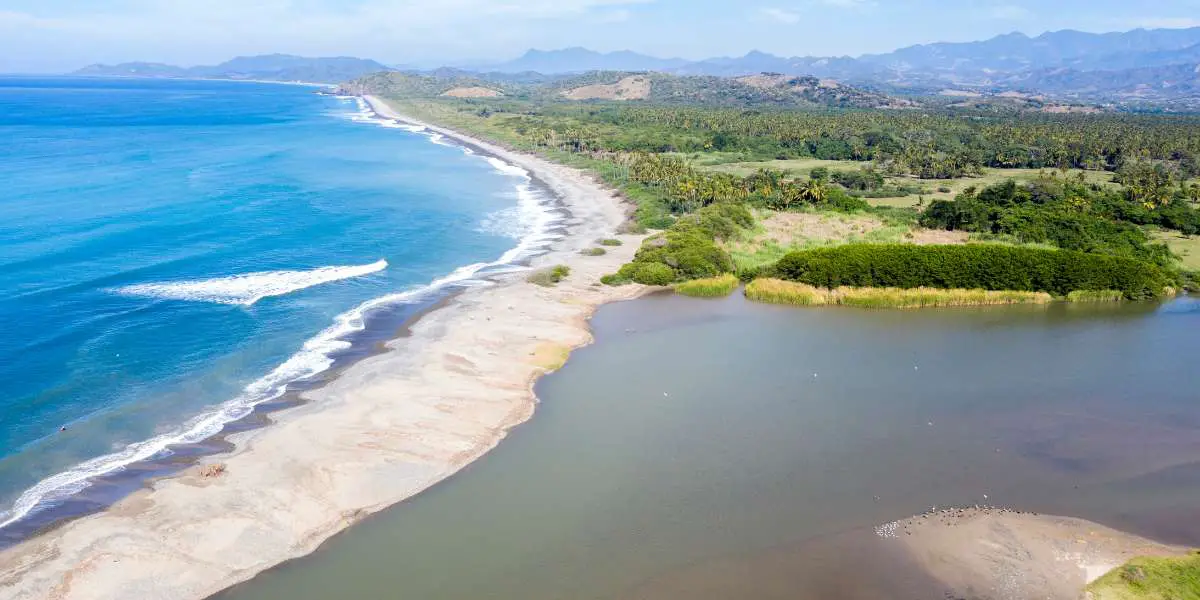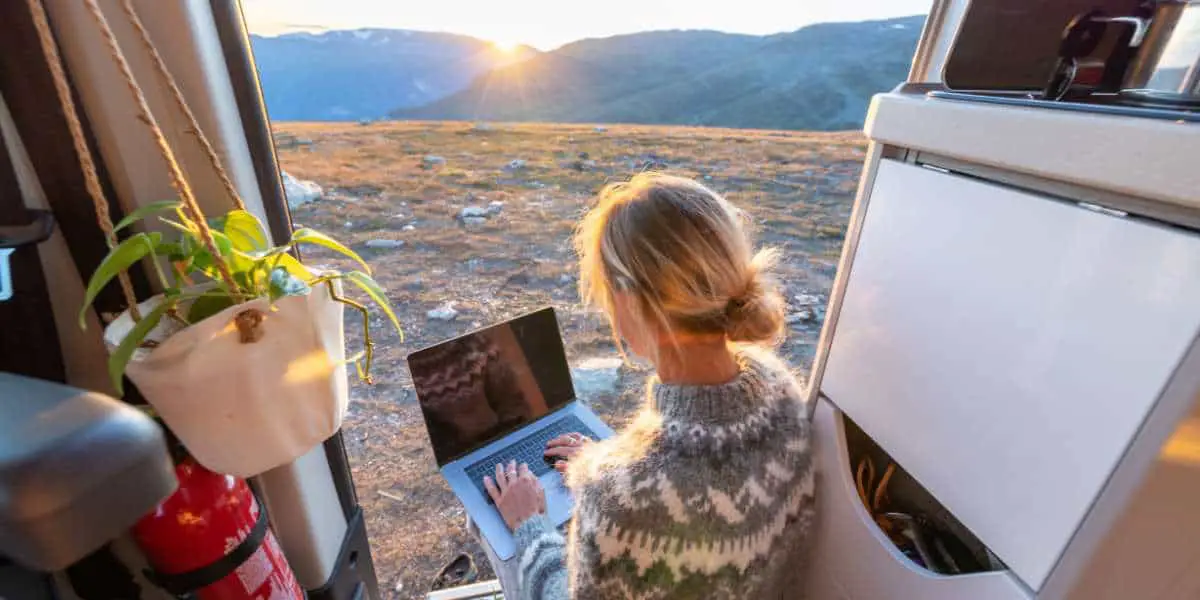Are you planning on going on vacation soon? Taking a well-deserved break from work and daily routines can be an exciting endeavor, but it’s important to stay aware of potential pitfalls that come with traveling. One such issue is food poisoning – no one wants their idyllic getaway ruined by an upset stomach or worse! With the right precautions, however, you can greatly reduce your risk of contracting foodborne illnesses while abroad and ensure that your vacation will remain enjoyable and free from worry. In this blog post, we’ll provide some helpful insight into how to steer clear of foodborne illness so you won’t have to spend any days in bed or dealing with unpleasant side effects.
What is food poisoning and where can you catch it
Food poisoning is a type of illness that occurs when you consume food that is contaminated with harmful bacteria, viruses, or parasites. Symptoms of food poisoning can range from mild to severe and may include nausea, vomiting, diarrhea, and fever. The good news is that food poisoning can be prevented by following basic food safety practices such as washing your hands before handling food, properly storing and cooking food, and avoiding cross-contamination. You can catch food poisoning from a variety of sources including raw or undercooked meat, seafood, and eggs, as well as fruits and vegetables that have been exposed to contaminated soil or water. It’s always important to be cautious when handling food to protect yourself and others from getting sick.
How to Avoid Getting Food Poisoning When Traveling
When traveling, it can be tempting to try out every new cuisine and snack that comes your way. However, the risk of getting food poisoning in unfamiliar territory is not worth taking lightly. Here are a few tips to stay safe while still enjoying the local cuisine. First, research the places you plan on eating beforehand. Look up reviews from previous customers and check the cleanliness ratings. Second, stick to cooked food and avoid raw or undercooked meat, eggs, and seafood. Third, make sure to wash your hands regularly and bring hand sanitizer for moments when a sink isn’t available. Finally, stay hydrated and be mindful of foods that may spoil easily in warm temperatures. With these precautions, you can enjoy your travels without the worry of getting sick from contaminated food.
Tips for Eating Out Safely
Eating out is a great way to socialize and enjoy delicious food without worrying about cooking yourself. However, with so many food options available, it can be difficult to know which restaurants are safe to eat at. If you’re concerned about dining out safely, there are a few things to keep in mind. Firstly, try to research the restaurant ahead of time. Look up their menu and read reviews online to see if there have been any concerns raised about food safety. Additionally, be mindful of food allergies and inform your server of any dietary restrictions. Lastly, trust your gut – if something seems off about the food or the restaurant itself, it’s better to err on the side of caution and dine somewhere else. By taking these precautions, you can enjoy a safe and enjoyable dining experience every time you eat out.
Best Practices for Preparing Meals on the Road
Preparing meals while on the road can be a challenge, but with a few best practices in mind, it can become a seamless and enjoyable experience. Firstly, invest in a good cooler! With a cooler, you can keep your perishable items, like meats and vegetables, at a safe temperature. Secondly, plan your meals ahead of time and make a shopping list. This will ensure that you have all the ingredients you need and won’t be stuck without options. Additionally, opt for foods that are easy to prepare and require minimal equipment, such as sandwiches, salads, and wraps. Lastly, don’t forget to pack utensils, plates, and napkins to make your dining experience more comfortable. With these tips, you’ll be able to prepare delicious meals on the road with ease!
How to Check if Your Hotel Room is Clean and Safe
When you’re checking into a hotel room, it’s important to ensure that the room is clean and safe before you unpack your bags. One of the first things you should do is inspect the bedding for cleanliness and check for any signs of bed bugs, such as tiny bloodstains or small black dots. You should also examine the bathroom for any signs of mildew or mold and check that all surfaces have been thoroughly cleaned. Additionally, make sure that any appliances in the room, such as the TV and remote control, have been sanitized properly. By taking these simple precautions, you can help ensure that your hotel stay is not only comfortable but also safe and healthy.
What to Do if You Suspect You have Food Poisoning While Travelling
Travelling is exciting, but a bout of food poisoning can quickly turn an adventure into a nightmare. If you suspect you have consumed contaminated food, it is important to act fast to prevent further discomfort and avoid spreading the illness to others. The first step is to stay hydrated by drinking plenty of water to replace fluids lost through vomiting and diarrhea. Resting is also vital to allow your body to fight the infection. To alleviate discomfort, consider taking over-the-counter medication such as anti-nausea or anti-diarrhea medicine. It is also recommended to avoid solid food and stick to a light and bland diet until your symptoms ease. If your condition worsens or lasts for more than a few days, seek medical attention immediately. Remember to take preventative measures such as washing hands regularly and avoiding uncooked or undercooked food to minimize the risk of food poisoning while travelling.
Wrap Up
All in all, being aware of the risks of food poisoning and how to protect yourself while travelling is a must. The best way to keep yourself safe is by being conscious of where you eat, what you eat, and following good food safety practices. Keep your surroundings clean and make sure you clean your hands and utensils before eating any meal. In the unfortunate event that you do start feeling symptoms of food poisoning while travelling, see a doctor quickly and provide as much detail about where the potential exposure occurred in order to get professional help. If everyone takes the necessary precautions then food poisoning can be avoided. So keep informed and stay safe!




